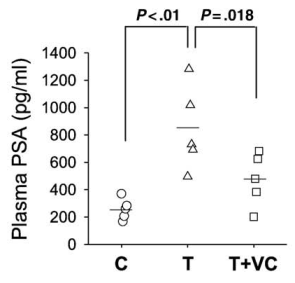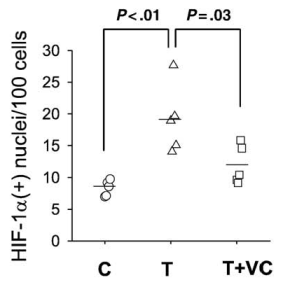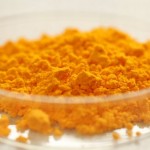Blog Entry #99
By Admin – Steroidal.com
Taking anabolic steroids means you’ll experience side effects of varying degrees and no one is except from this. The side effects will range from acne, gynecomastia, erectile dysfunction, impairment of liver and kidney function, testosterone suppression and finally – prostate problems.
Steroid users can experience an enlarged prostate, or benign prostatic hyperplasia (BPH), due to anabolic-androgenic steroids, mainly from dihydrotestosterone (DHT) and estrogen being too high. This can often be prevented and treated with the use of anti-androgens, or 5-alpha reductase inhibitors (5-AR), Finastraide and Dutastride. Aromatase inhibitor use, like Aromaisn or Anastrozole will prevent estrogen levels becoming wildly out of control which will help a prevent number of side effects.
Anabolic steroid users, or hormone replacement therapy (HRT) patients, often experience an increased level of prostate-specific antigen (PSA), which leads to a higher risk of developing prostate cancer. Levels of BPH are related to PSA and exposure to PSA is linked to prostate cancer.
Apart from skin cancer, prostate cancer is the most common cancer in men in the United States and Europe. In the United States around 233,000 cases will be diagnosed and 30,000 men will die from the disease, which is a small number of those diagnosed. 1 in 7 men will get prostate cancer in their lifetime; however, the good news is that prostate cancer is rare in younger men.
Symptoms of an enlarged prostate are; frequent urination, urgency to urinate, and difficulty to start urinating, straining to urinate and continued dribbling of urination. Your best to seek a doctors guidance if this problems arise and not self medicate.
Today we’re going to examine if vitamins C, the potent anti-oxidant, can help prevent prostate cancer in steroid users.
A 2009 Korean study at the Seoul National University College of Medicine, looked at the effects of large doses of vitamin C given to rats when taking anabolic steroids.
When given testosterone, more transcription factor HIF-1alpha is produced, which leads to an increase in the hormone vascular endothelial growth factor (VEGF). This stimulates the creation of new blood vessels and tissue and is used as a tumour marker in BPA patients. When prostate cells grow and divide there is a higher chance of something going wrong and cancer becoming apparent.
The rats were split into three groups. One group was given 10mg per kilogram of bodyweight, per day of testosterone [T]. A second group was given a mega dose of vitamin C [T + VC]. And finally a third group was given nothing and used as a control [C].
The figure below shows the levels of PSA and that they were highest in the testosterone alone group. PSA levels were almost twice as high as the testosterone plus vitamin C group.
Due to the lower PSA levels in the vitamin treated group and rats had a smaller prostate than the testosterone alone group. The rats in the T group also had more HIF-1alpha, the addition of vitamin C reduced this hormone.
The Koreans conclude that this is why populations that consume large amounts of fruits and vegetables have lower incidences of prostate cancer – and it makes sense.
Vitamin C is a powerful anti-oxidant that we’ve written about briefly before. Vitamin C should be part of an athletes supplement protocol to bring down catabolic hormones after stress, and to protect the prostate from the damage anabolic steroids can do. 1-2 grams per day would be a start, whilst its also cheap and easy to obtain.
References:
J Nutr Biochem. 2009 Aug 26. [Epub ahead of print].









